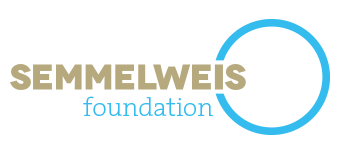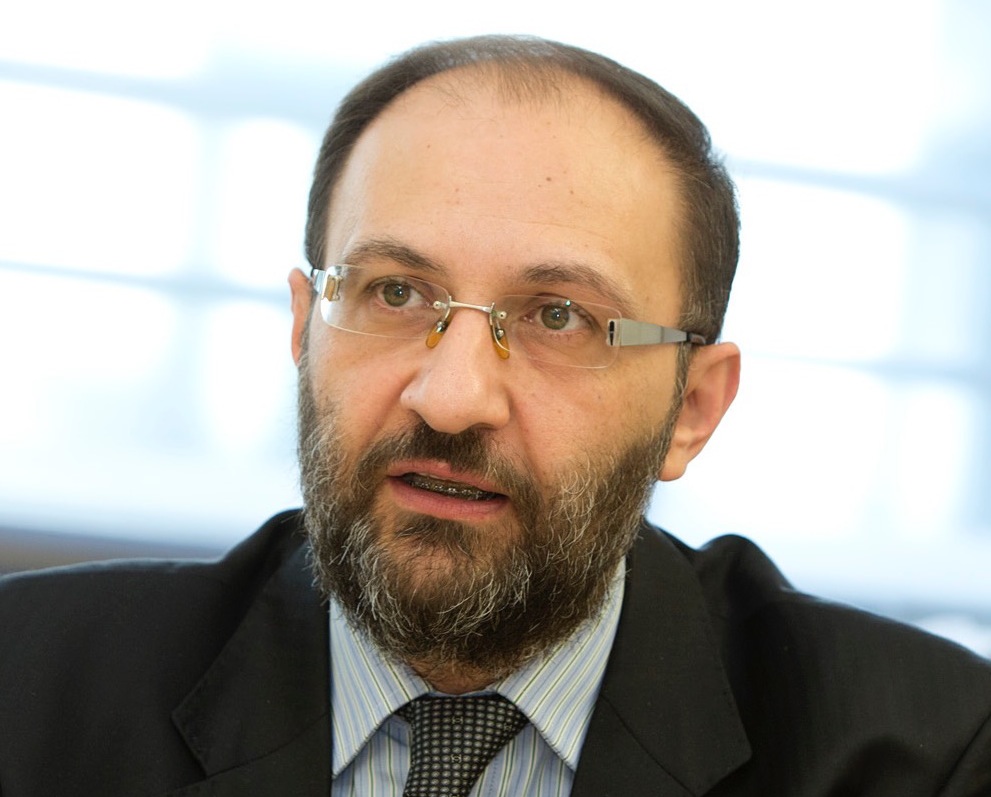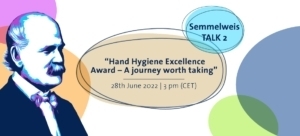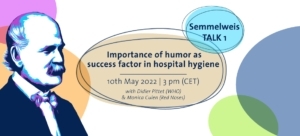Univ.-Prof. Ojan Assadian (head of the society) about topics and activities of the ÖGKH:
What are the topics ÖGKH (=ASIC, Austrian Society for Infection Control) is dealing with?
The Austrian Society for Infection Control, www.oegkh.ac.at, is a scientific medical society representing healthcare workers with a professional interest in infection prevention and patient safety. Currently, the society represents more than 200 infection control nurses and physicians in Austria. ASIC believes that many Healthcare associated infections (HAIs) are preventable through effective multi-disciplinary teamwork. However, implementation of existing principles and practices to prevent HAIs depends on well-educated and strong infection prevention team members receiving adequate support from hospital administration and political decision makers. The society is dedicated to strengthen and support the role of infection prevention professionals in healthcare, to foster uniform federal infection prevention standards in Austria, and to support active patient involvement in all aspects of hygiene. In this respect, ASIC also involves actively as member of EUNETIPS on a European level, and is in the process of signing a Memorandum of Agreement with the National Association of Specialists in Infection Control, Russia (NASCIC) to expand our traditionally excellent ties with Eastern Europe.
What the ÖGKH currently is concentrating on – probably the subject of Antimicrobial resistance?
Certainly, there are a number of important tasks, such as the increasing problem of bacterial resistance to antibiotics. However, for 2016, one of ASIC’s main objectives is to support infection prevention professionals on a political level to foster an infection prevention culture and enthusiasm at all levels of their institutions. In order to achieve this, infection control teams require adequate structural support, as well as administrative and professional empowerment. The Bologna Declaration of June 1999 has put in motion a series of reforms needed to make European Higher Education, including trailing of infection control nurses, more compatible and comparable, more competitive and more attractive for healthcare workers (Berlin Conference of European Higher Education Ministers 18–19 September 2003). Specifically, the Bologna Declaration together with the European Commission’s Directive 2005/36/EC demands a common degree level system for undergraduates (Bachelor’s degree) and graduates (Master’s and doctoral degree) from academic institutions, including nurse academies. Austria still is behind, yet, Health Austria (Gesundheit Österreich GmbH, GÖG), a federal agency planning and coordination healthcare under the auspicies of the Fedeal Ministry of Health, has started the process of reform of the existing Nursing Law in Austria. In this context, ASIC is significantly involved in assuring adequate and urgently needed strengthening of infection control nurses by improving Austria-wide uniform and acknowledged education and access to higher education. ASIC therefore calls for the establishment of the necessary legislative and regulatory framework in Austria, which demands our full attention at the moment.
What are the current activities of ASIC – is there any project, or a study commissioned by ACIC? For example, on your homepage there is mentioned a survey on the topic of the working situation of hygiene teams – when the results will be published?
While the structural and administrative concept of infection control is summarized in a recommendation guideline stipulated by the Austrian Ministry of Health (ProHyg 2.0), feedback of our members indicate that these existing recommendations are not fully implemented in many Austrian healthcare facilities. In order to obtain valid data, ASiC currently conducts a systematic, questionnaire-based survey exploring the current situation of working environment of infection teams in Austria. We expect first results in March 2016. Based on these results, our society then will approached relevant political stakeholders with specific demands able to improve working conditions of the society’s members for the benefit of the public.




